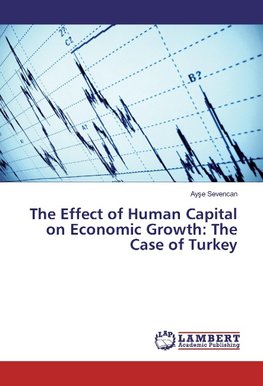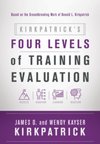
-
 Anglický jazyk
Anglický jazyk
The Effect of Human Capital on Economic Growth: The Case of Turkey
Autor: Ay¿e Sevencan
Starting with the late 1950s, the theory of economic growth began focusing on the role of human capital as a determinant of economic development. This book examines the exogenous and endogenous theories of growth in relation to the economic growth performance... Viac o knihe
Na objednávku, dodanie 2-4 týždne
69.30 €
bežná cena: 77.00 €
O knihe
Starting with the late 1950s, the theory of economic growth began focusing on the role of human capital as a determinant of economic development. This book examines the exogenous and endogenous theories of growth in relation to the economic growth performance of Turkey between the years 1960 and 2005. During this period, the real GDP per worker in Turkey grew on average by 3.05 percent per annum. A simple growth accounting exercise indicates that 44 percent of this growth in output was due to an increase in physical capital and 15 percent in human capital. The share of TFP, on the other hand, which can also be interpreted as the change in output that cannot be explained by changes in physical and human capital, was 40 percent. The time series analysis in this book uses two human capital proxies, namely education and health. Education is measured as lagged high school and university enrollment ratios and health is proxied by the average life expectancy at birth. The econometric analysis uses ARDL methodology and the robustness check of the coefficient estimates are done via Johansen and Juselius technique. High school education has higher long-run elasticity than university level.
- Vydavateľstvo: LAP Lambert Academic Publishing
- Rok vydania: 2017
- Formát: Paperback
- Rozmer: 220 x 150 mm
- Jazyk: Anglický jazyk
- ISBN: 9783330063082











